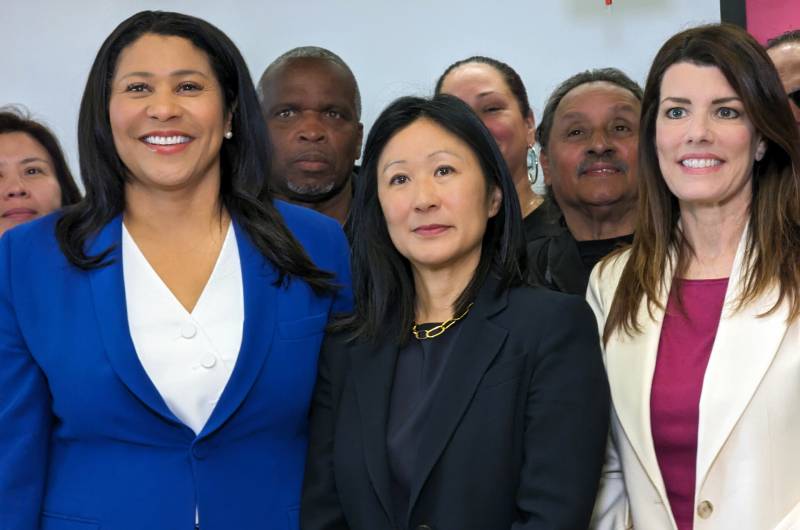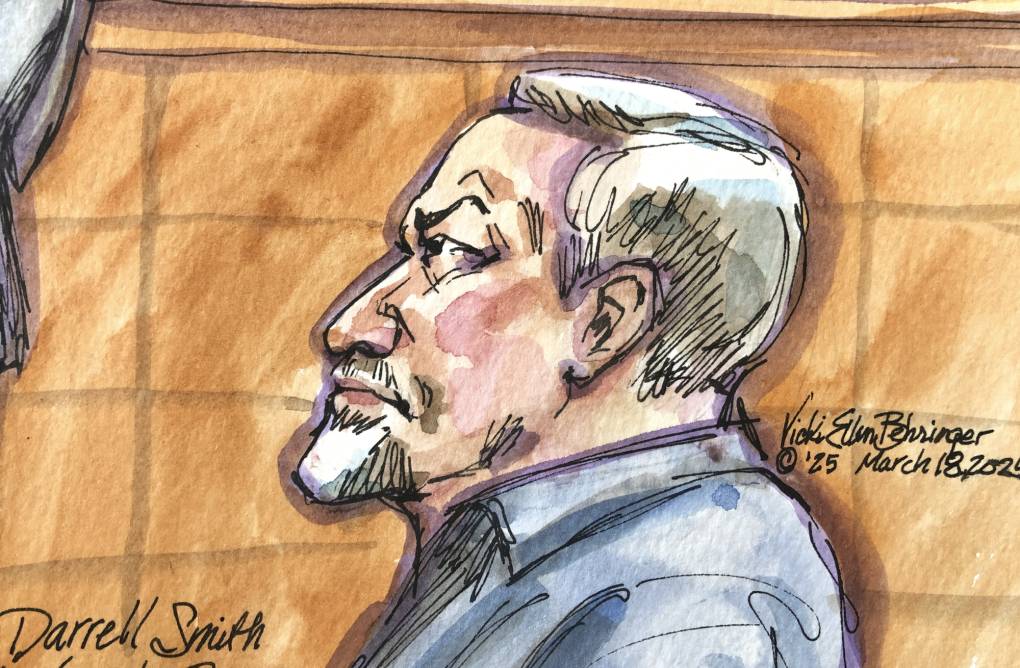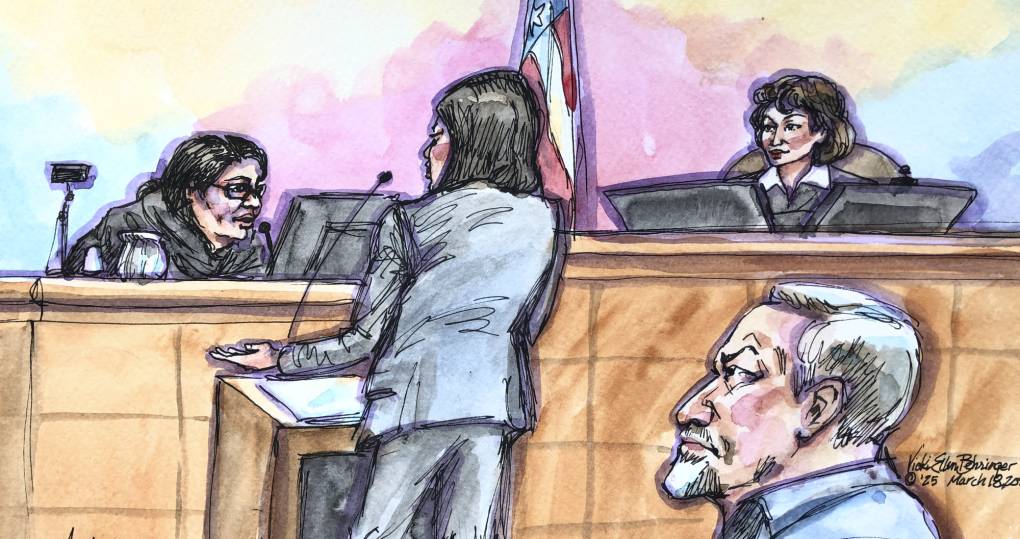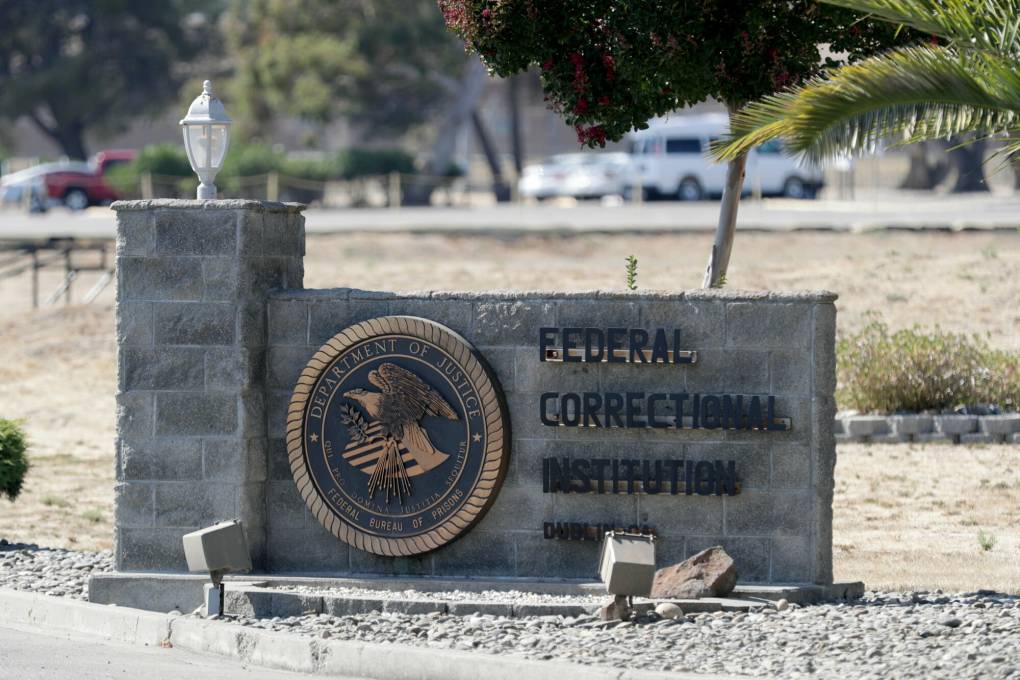San Francisco Mayor London Breed and Supervisor Hillary Ronen on Tuesday outlined the beginnings of a plan to reform the Office of Sexual Harassment and Assault Response and Prevention, or SHARP, which has come under recent scrutiny over its shortcomings since it was established six years ago.
Officials have said SHARP has failed in its mandate to help survivors of sexual harassment and assault navigate San Francisco’s bureaucratic systems, to report city officers should they fail to help, and to suggest policy reforms for government agencies to better help victims.
SHARP will be folded into a new office, the San Francisco Office of Victim and Witness Rights, which aims to help victims of all types of crime. Ronen’s office plans to introduce legislation in the coming weeks that will merge the entities and “clarify [the office’s] duties and powers to ensure it is best able to meet the needs of survivors,” she told KQED.
The new office’s inaugural director will be Ivy Lee, an attorney and former policy adviser to Breed, the mayor announced during a press conference on Tuesday at the West Portal Recreation Center.
“This office will have one purpose, which is to try to make government work better for survivors,” Lee said.



